Traveling to different countries exposes American travelers to diverse cultures and customs. While this can be an enriching experience, some practices may challenge American sensibilities and norms. Here are 20 controversial customs that often catch American travelers off guard.
1. Eating Insects
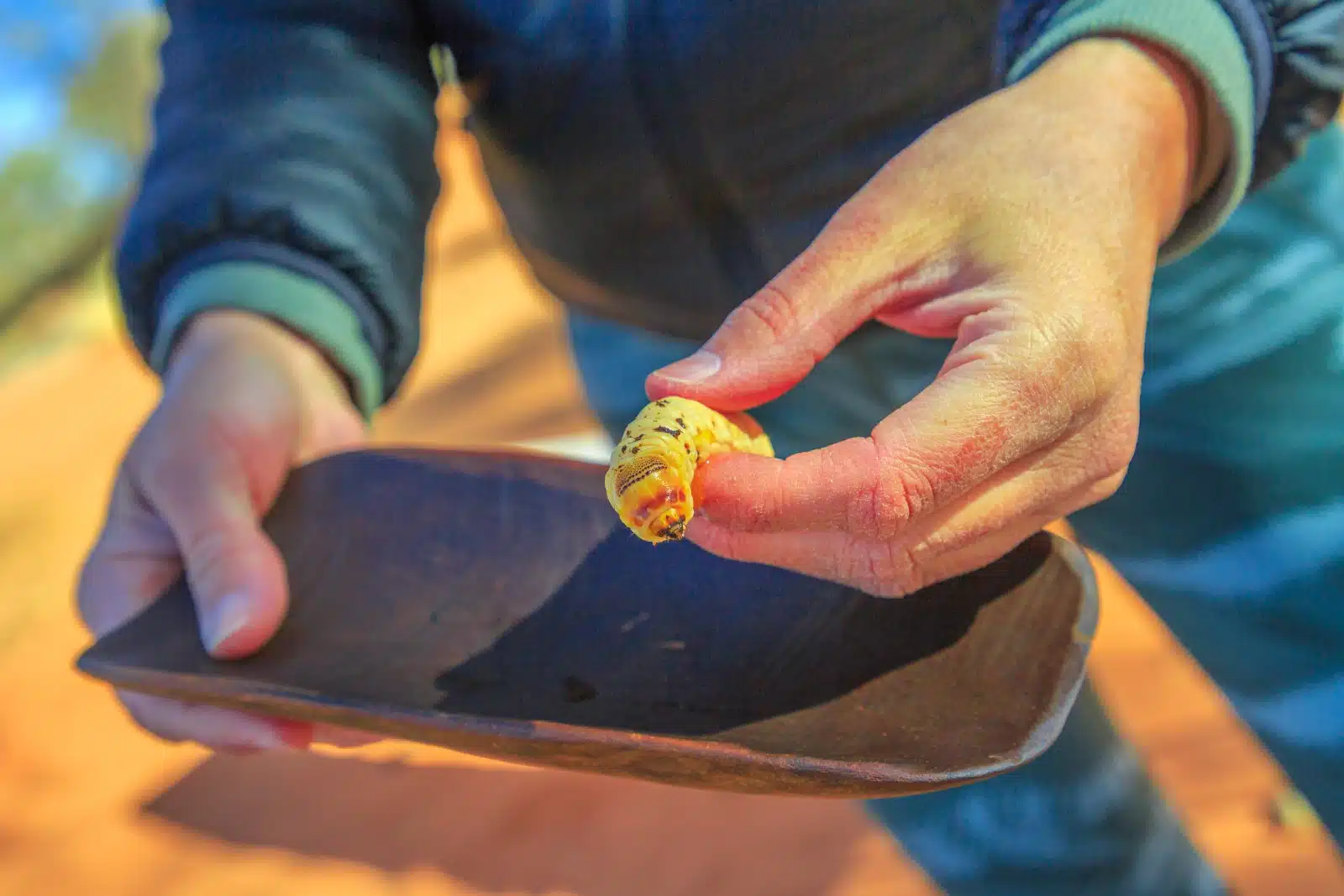
Image Credit: Shutterstock / Benny Marty
In many parts of Asia and Africa, insects are a regular part of the diet. Americans might find the idea of munching on bugs for protein rather unsettling.
2. Public Bathing

Image Credit: Pexels / Ron Lach
Countries like Japan and Finland are known for their communal baths or saunas, which usually involve being nude in the presence of others, a concept that can be quite uncomfortable for many Americans.
3. Haggling Over Prices
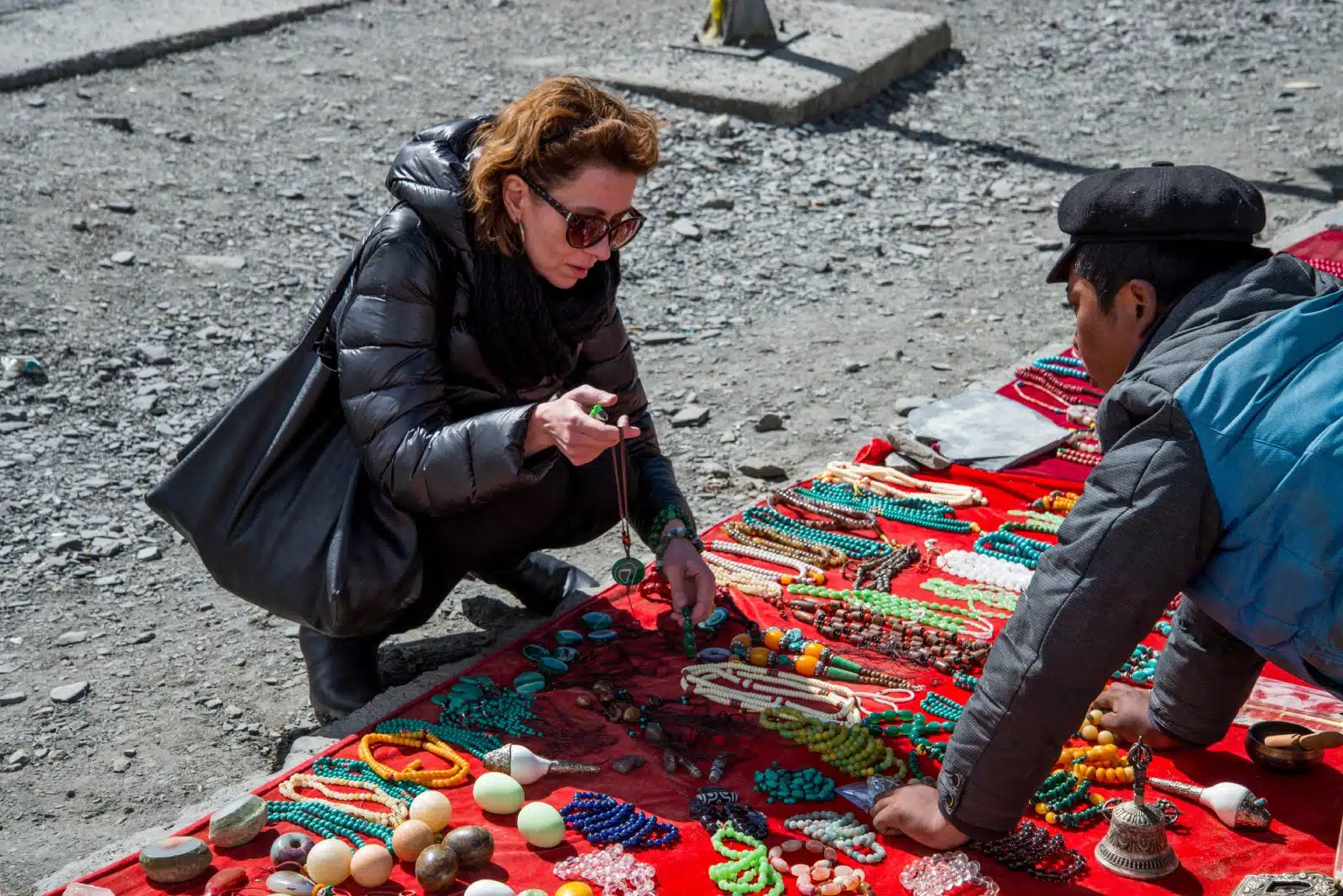
Image Credit: Shutterstock / Almazoff
In many places like markets in the Middle East and Africa, haggling is expected and part of the culture, which can be a jarring experience for Americans used to fixed-price tags.
4. Eating with Hands
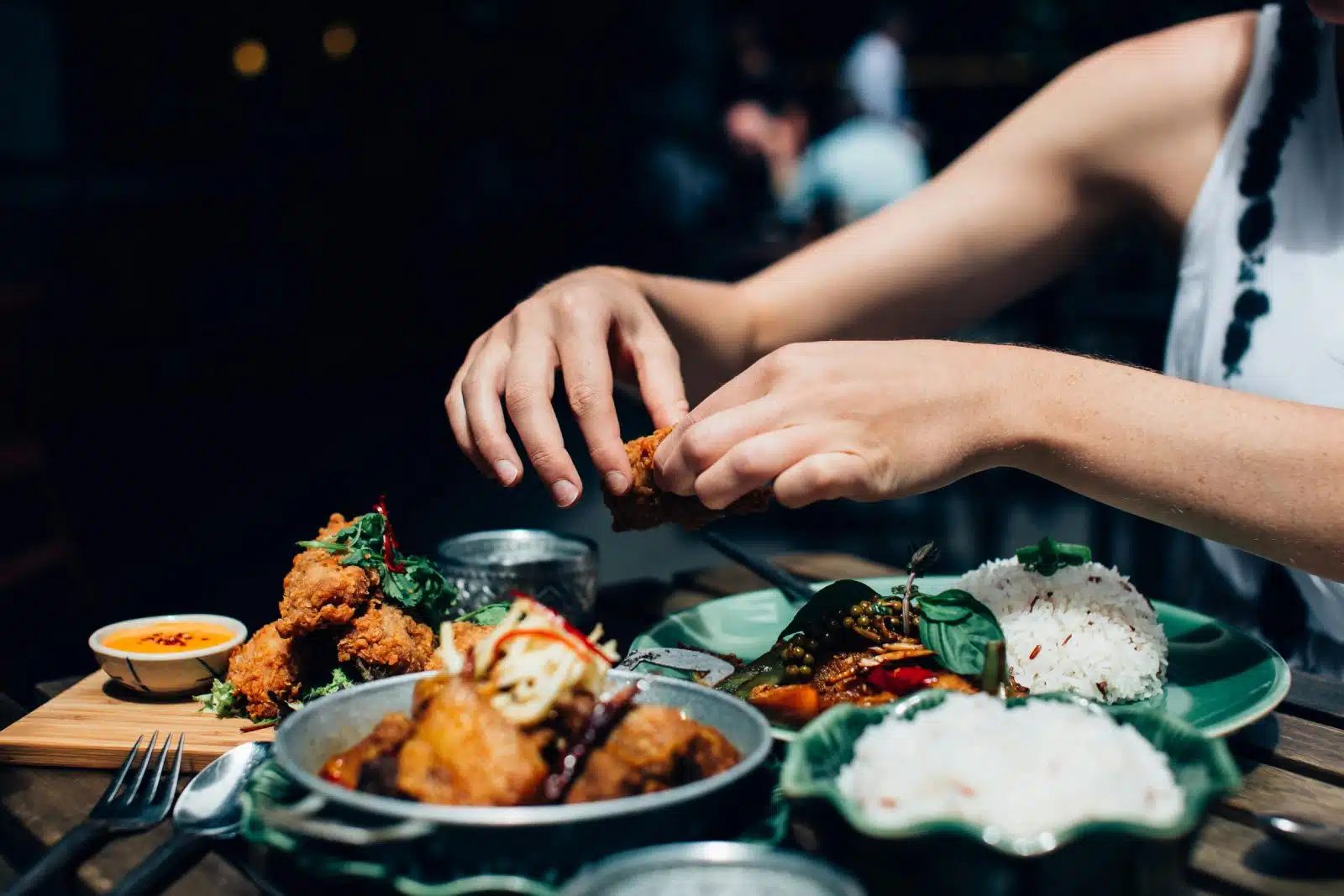
Image Credit: Pexels / Rachel Claire
In parts of India, Africa, and the Middle East, eating with your hands is customary and seen as a way to connect more intimately with your food, contrasting with the American habit of using utensils.
5. Siesta
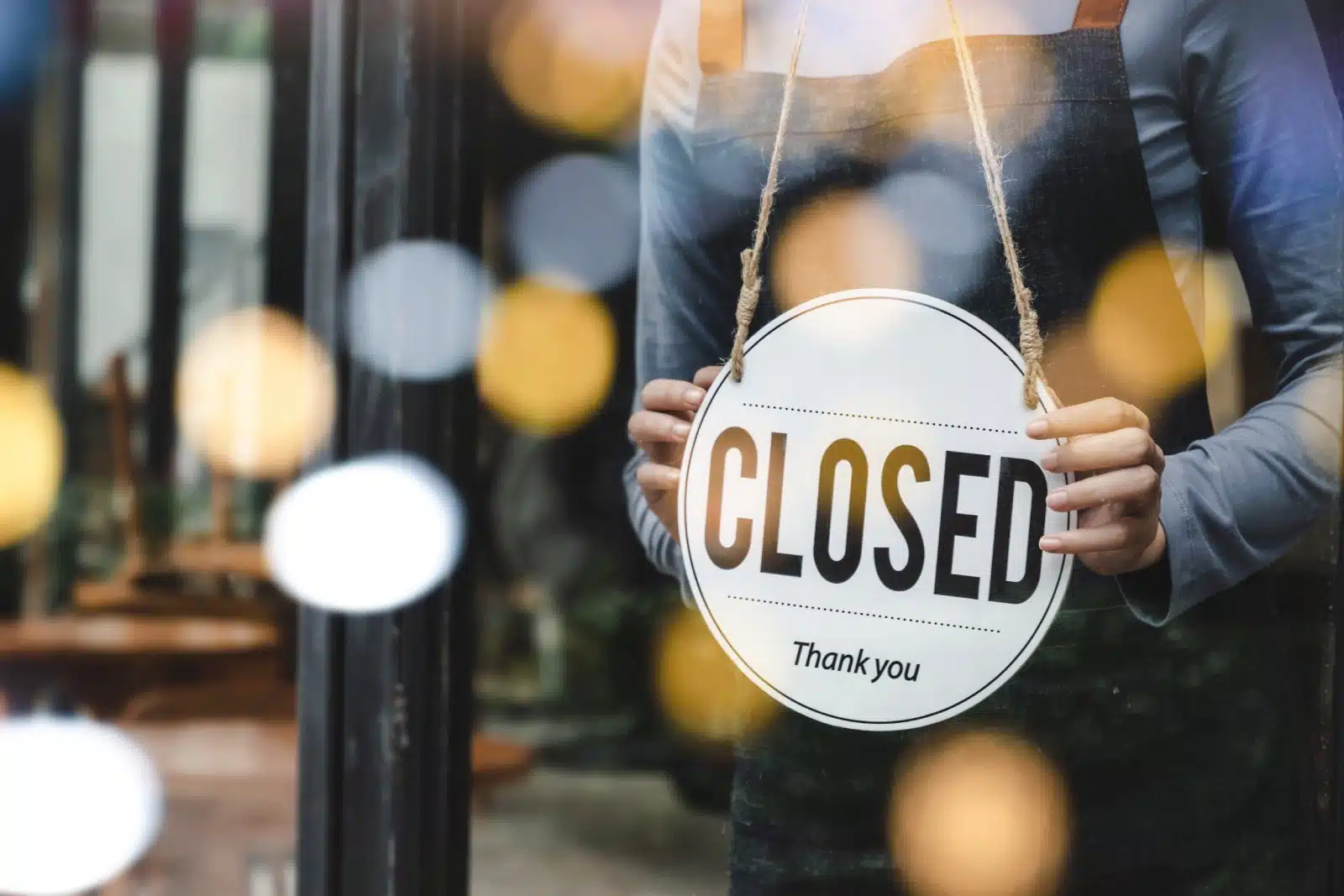
Image Credit: Shutterstock / giggsy25
In Spain and some Latin American countries, businesses shut down in the afternoon for a siesta. Americans accustomed to non-stop, all-day access to services may find this frustrating.
6. Censorship of Speech

Image Credit: Shutterstock / fizkes
In several countries, what can be discussed openly without repercussion in the U.S. may be censored or considered disrespectful, challenging Americans’ views on free speech.
7. Gender Segregation
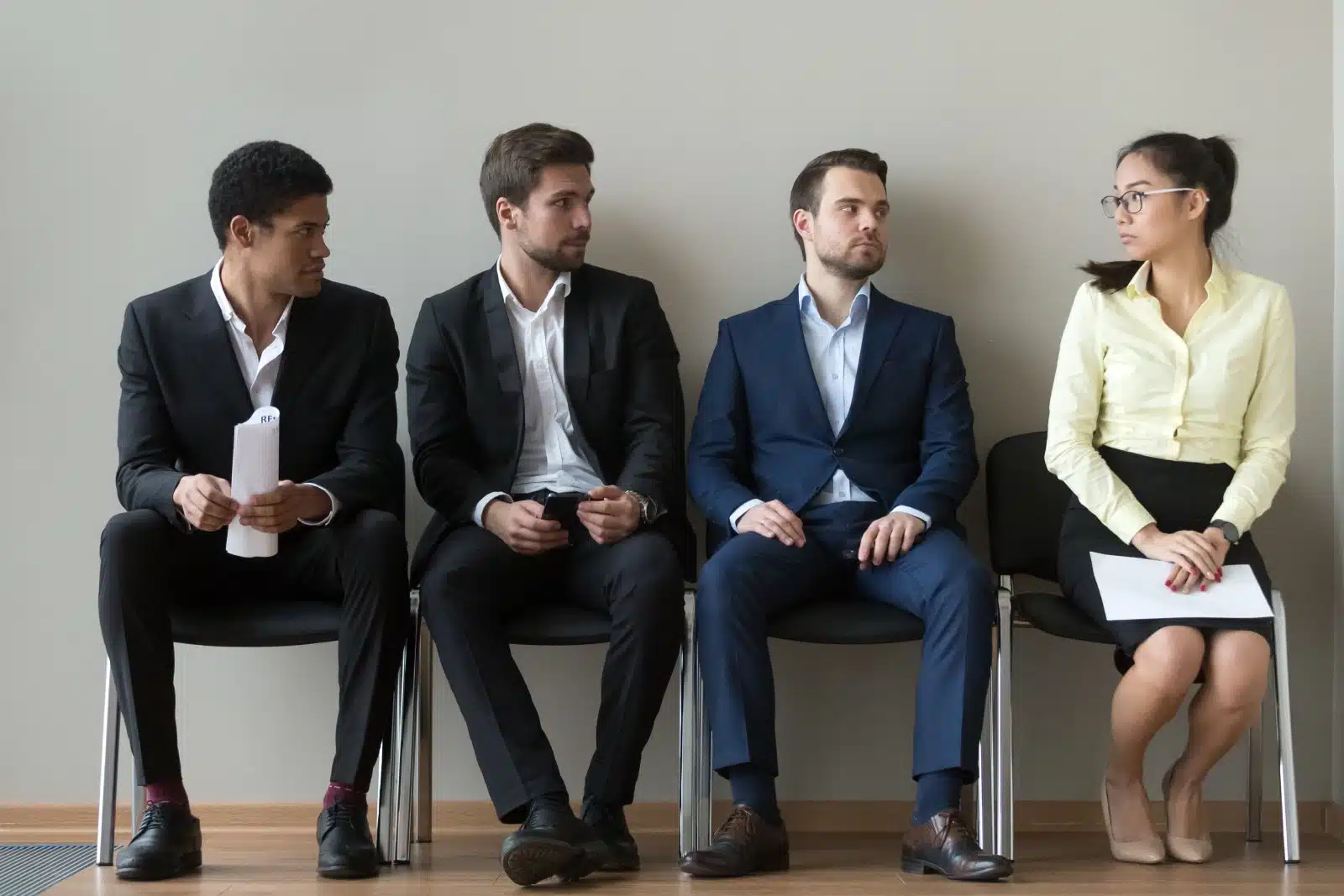
Image Credit: Shutterstock / fizkes
In some Middle Eastern countries, public spaces are often segregated by gender, which can be a surprising adjustment for travelers from the United States.
8. Tipping Practices
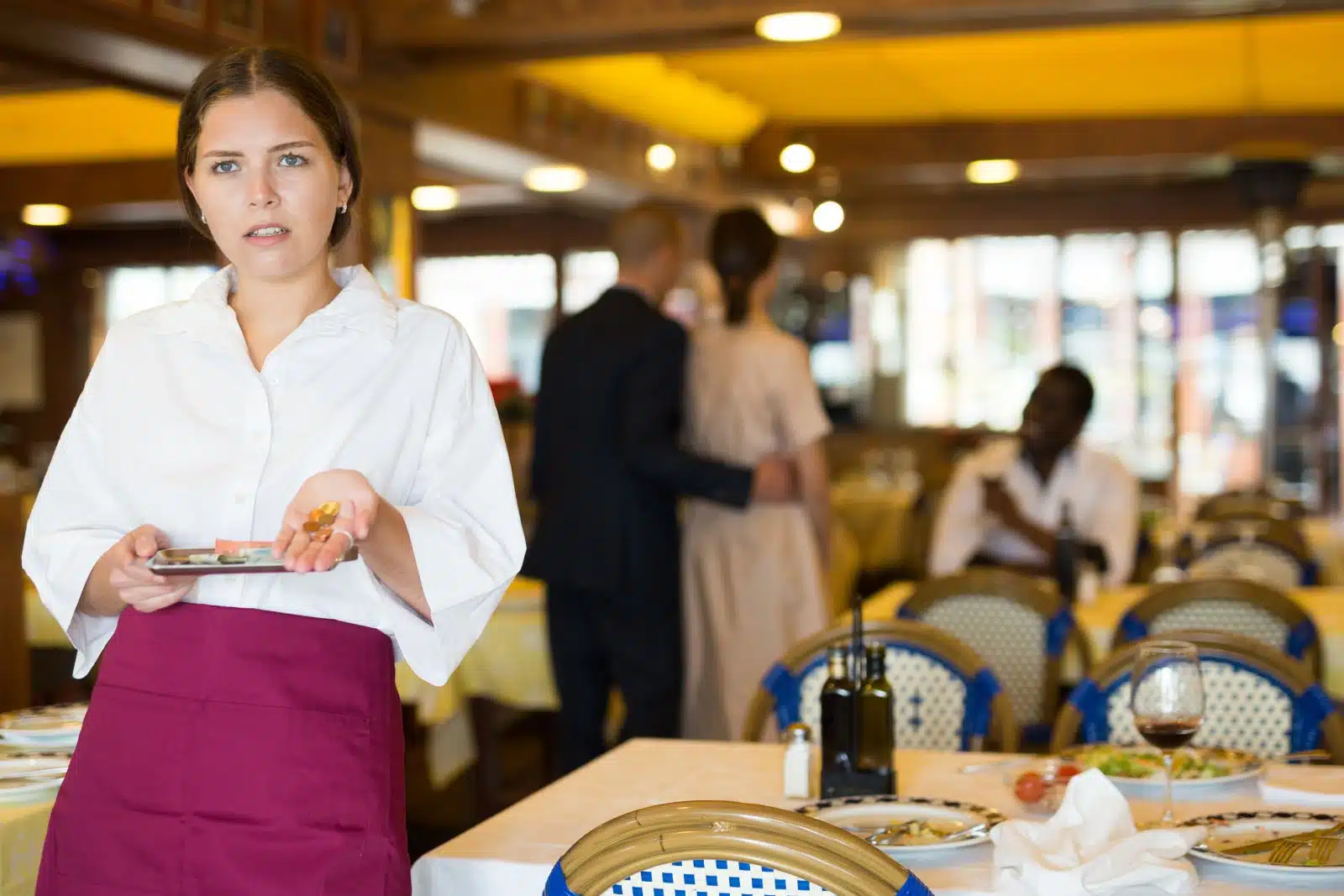
Image Credit: Shutterstock / BearFotos
While tipping is customary in the U.S., it is not practiced everywhere. In Japan and South Korea, for example, tipping might even be seen as insulting.
9. Animal Rights Practices

Image Credit: Shutterstock / Elitprod
In some countries, practices involving animals, which many Americans might view as cruel or unusual, are commonplace and culturally significant.
10. Religious Customs
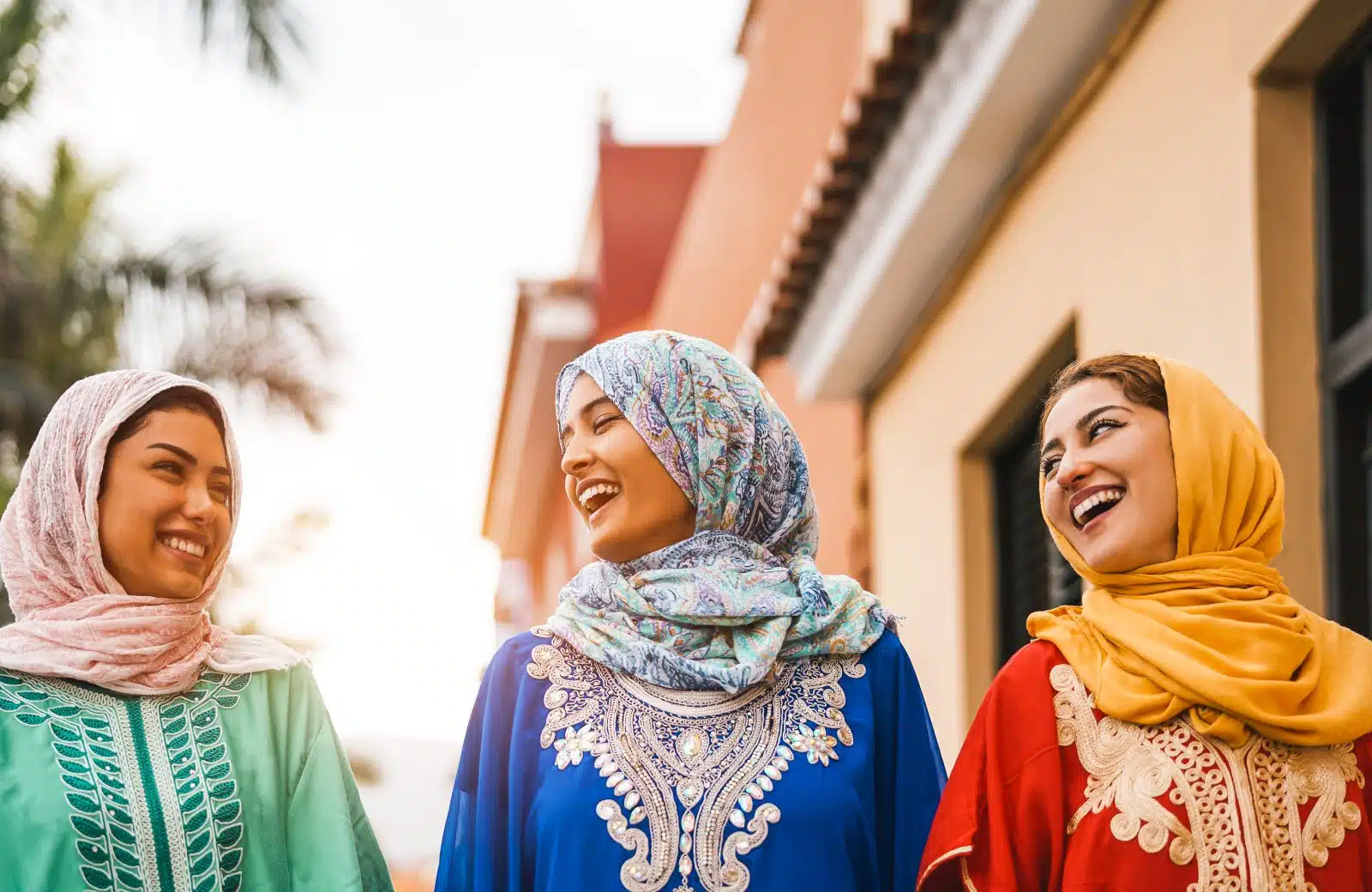
Image Credit: Shutterstock / AlessandroBiascioli
In many countries, travelers might be expected to adhere to local religious customs, such as wearing headscarves or attending mandatory services, which can be unfamiliar to Americans.
11. Drinking Age Laws

Image Credit: Shutterstock / Roman Zaiets
In many parts of Europe, the legal drinking age is significantly lower than in the U.S., often leading to a culture shock for American parents traveling with teenagers.
12. Punctuality

Image Credit: Shutterstock / Blanscape
In many Southern European and Latin American cultures, a more relaxed approach to time and punctuality can conflict with the American emphasis on timeliness.
13. Openness About Personal Life
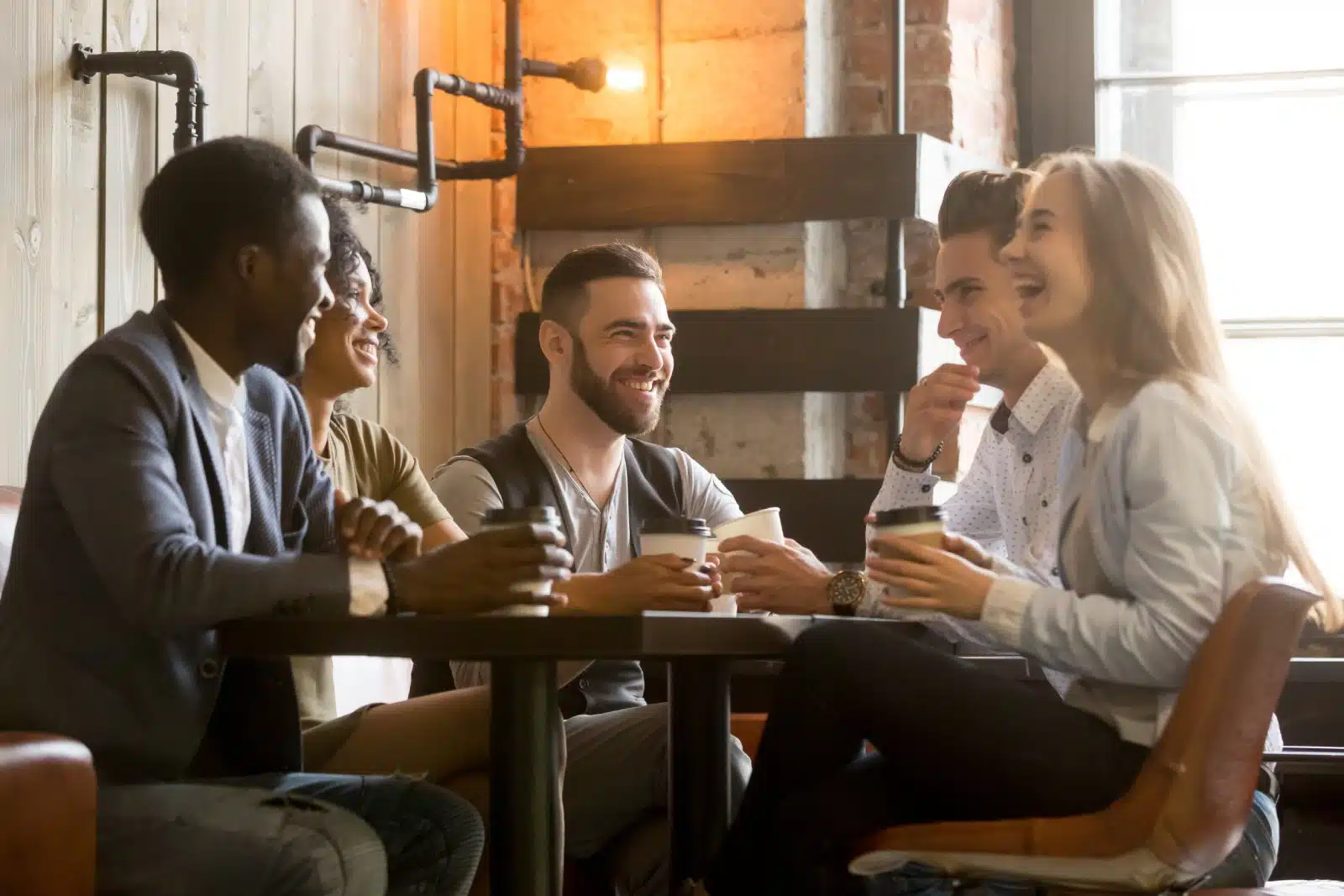
Image Credit: Shutterstock / fizkes
In many cultures, asking personal questions during a first meeting is normal, which might seem intrusive and uncomfortable for Americans.
14. Toilet Etiquette
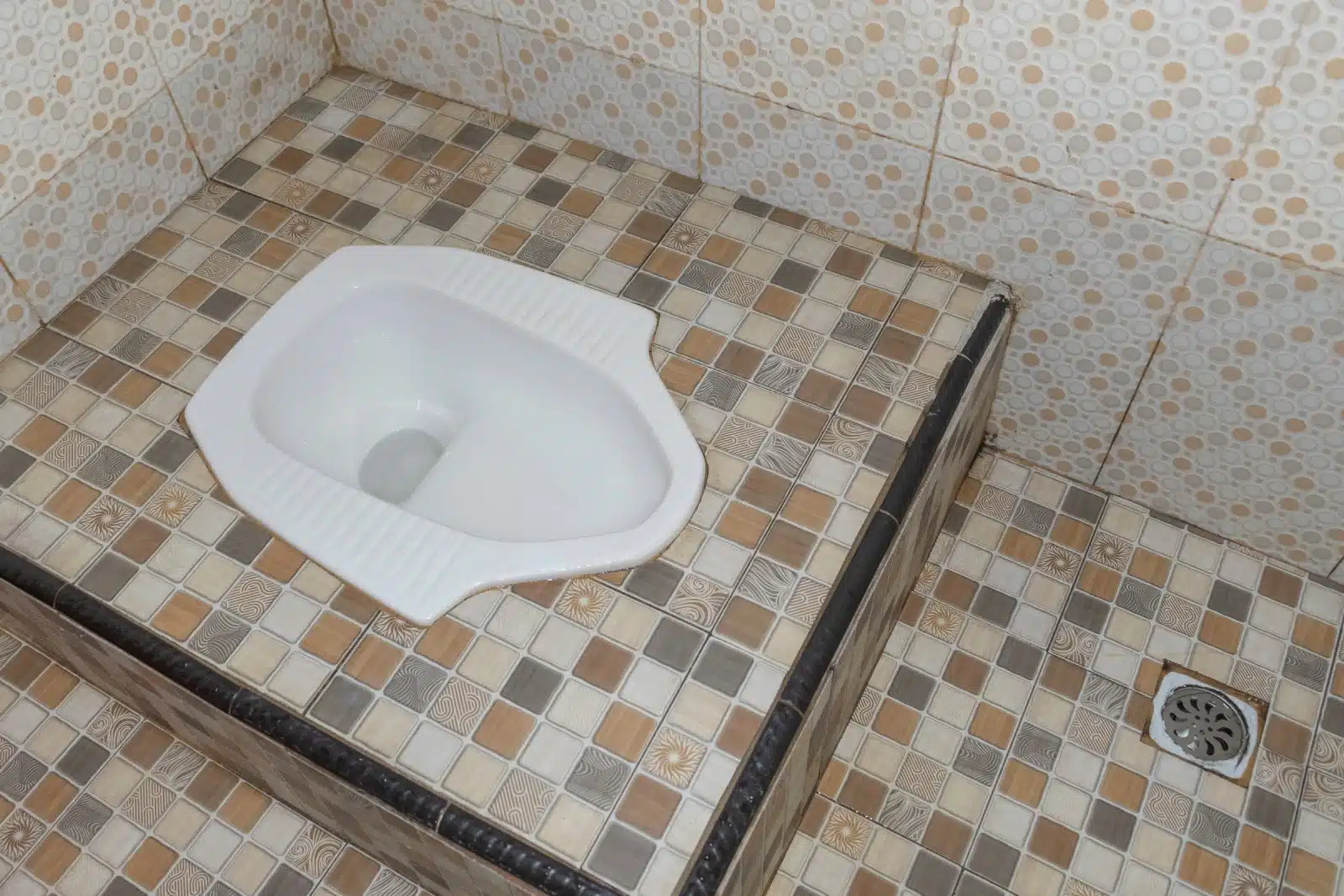
Image Credit: Shutterstock / Dadann
In several Asian countries, traditional squat toilets and the absence of toilet paper in favor of water can be surprising and challenging for many American travelers.
15. Greetings

Image Credit: Shutterstock / BearFotos
In France, a kiss on each cheek is a common greeting, quite different from the more reserved, often non-contact greetings preferred in the U.S.
16. Dining Etiquette

Image Credit: Shutterstock / MAD.vertise
In China, some behaviors considered impolite in America, such as belching or placing bones on the table, are seen as normal and even complimentary.
17. Queuing Behavior

Image Credit: Shutterstock / QualityHD
Americans might be surprised by the more fluid approach to queuing in countries like India or Egypt, where what appears as ‘cutting in line’ is just typical crowd movement.
18. Spitting in Public
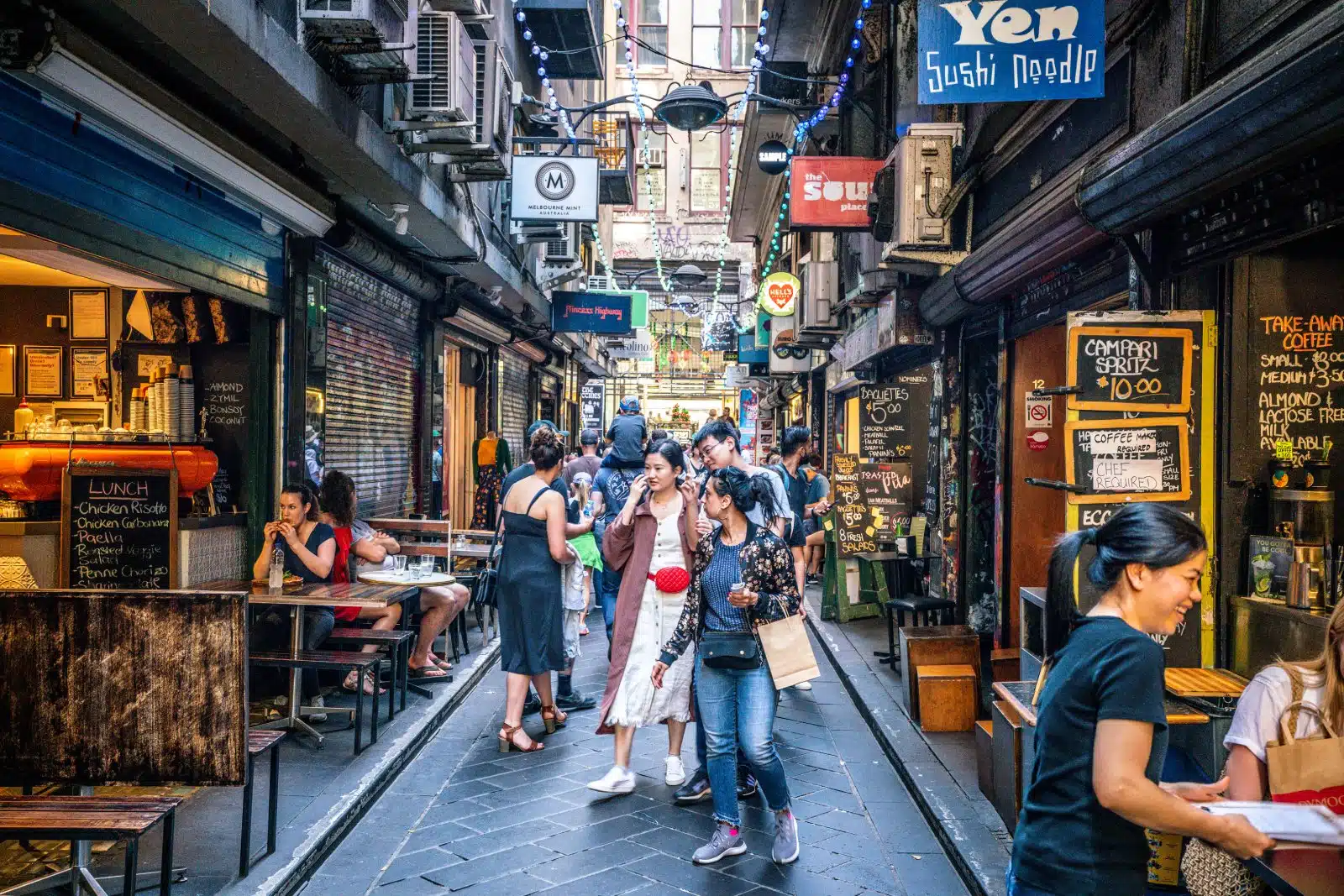
Image Credit: Shutterstock / Keitma
In China and some other countries, spitting in public is not as frowned upon as it is in the U.S., where such an act would be considered very rude.
19. Drinking Customs

Image Credit: Shutterstock / DavideAngelini
In countries like Russia and Korea, there is a strong cultural emphasis on drinking alcohol during social functions, which can be intense for Americans who are not accustomed to heavy drinking.
20. Bargaining in Business

Image Credit: Shutterstock / Ground Picture
In many cultures, business deals are often preceded by lengthy negotiations and personal relationship building, contrary to the more straightforward, time-efficient methods preferred in the U.S.
Have Some Respect

Image Credit: Shutterstock / Rawpixel.com
Understanding and respecting local customs is crucial for Americans traveling abroad. While some practices may seem controversial or challenging, they offer a valuable insight into the diversity of global cultures. Always approach these experiences with an open mind and respect for local traditions.
More From The Green Voyage
Top 10 Trending Travel Destinations 2024
6 Essential Banking Apps for International Travel – Managing Your Finances on the Go
Traveling With Kids – 10 Tips to Create Memorable Family Holidays
The post Culture Shock: 20 Customs That Confuse American Travelers first appeared on The Green Voyage.
Featured Image Credit: Shutterstock / fizkes.
For transparency, this content was partly developed with AI assistance and carefully curated by an experienced editor to be informative and ensure accuracy.
Tips for Trip Success
Book Your Flight
Find an inexpensive flight by using Kayak, a favorite of ours because it regularly returns less expensive flight options from a variety of airlines.
Book Your Hotel or Special Accommodation
We are big fans of Booking.com. We like their review system and photos. If we want to see more reviews and additional booking options, we go to Expedia.
You Need Travel Insurance!
Good travel insurance means having total peace of mind. Travel insurance protects you when your medical insurance often will not and better than what you get from your credit card. It will provide comprehensive coverage should you need medical treatment or return to the United States, compensation for trip interruption, baggage loss, and other situations.Find the Perfect Insurance Plan for Your Trip
